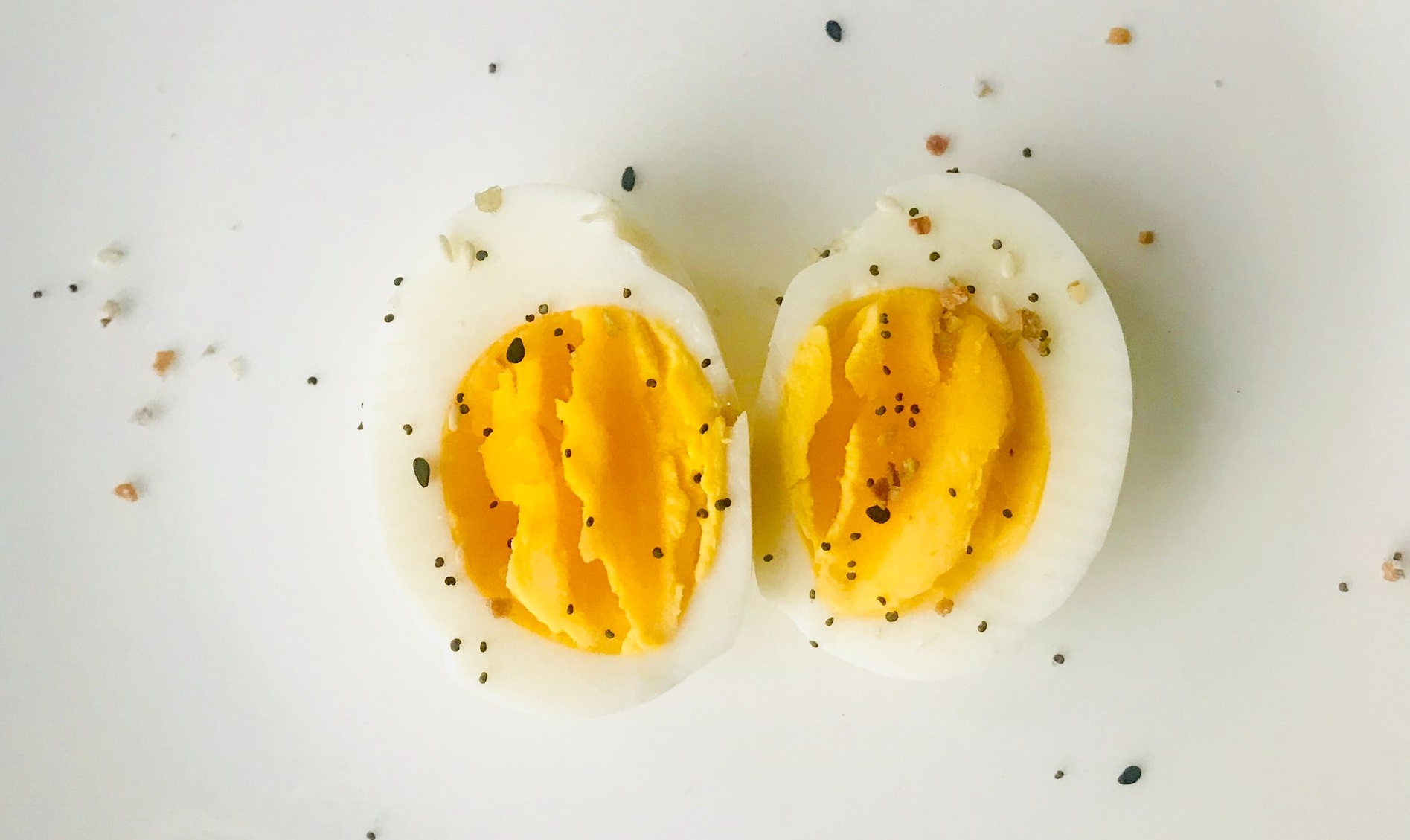Protein plays a vital role in facilitating muscle growth and an important part in the optimal repair and recovery of the muscle after exercise. The team at Optimum Nutrition take a look at how much you need to aid recovery after a workout...
How does protein support recovery?
Each time you exercise your muscle is damaged to some extent depending on its intensity and duration. This is an important part of adapting to your training session as it allows the muscle to remodel into a leaner, faster, stronger and/or fitter muscle fibre.
Protein which is broken down into amino acids in the body plays an important role in providing essential building blocks to the damaged muscle allowing it to repair and rebuild after each training session. As the body does not store protein consuming high quality protein around exercise is central to providing the muscle with the key elements it needs to optimise recovery.
How much protein should I consume?
It is well established that athletes require a higher daily protein intake of between 1.2-2.3 g/kg of protein compared to non-exercising individuals to facilitate recovery and training adaptations. It is quite normal for athletes to consume at least 2-4 times more protein than a non-exercising athlete to support training goals.
Traditionally, strength and power athletes consumed high protein diets while endurance and team sport athletes consumed low and moderate levels of daily protein intakes respectively.
However, it is now recognised that endurance and team sports athletes also need an increased level of protein intake to support their training and performance goals. In fact anyone who exercises intensely for more than 60 minutes 3 times or more weekly should increase their intake of protein to support their body’s ability to recovery after the training session.
Protein recommendations for a sedentary individual are 0.8g of protein per kilo of body weight to maintain protein balance and muscle mass. This equates to approximately two medium sized lean chicken fillets per day for an average 75kg male. However, for the exercising individual, this protein requirement can increase to an approximate protein intake which equates to at least 5 ½ chicken fillets.
In addition to ensuring you get the right amount of carbohydrate and fat this can lead to a lot of eating. Consequently, supplementing with high quality protein throughout the day is a good way to hit your daily protein intake.
Which protein supplements should I use?
Whey protein is the best protein to choose for fast delivery of amino acids to the muscle before and/or after training to support recovery nutrition. Although food should always your first choice for consuming appropriate recovery nutrients it is not always possible after training due to the lack of desire to eat or the proximity of the kitchen to the track. In these instances 100% Gold Standard Whey is the perfect solution as it will allow you to time your protein intake as close to the end of your session as possible optimising your recovery potential .
Casein is an additional protein type which may be used to optimise recovery. During the night, the body goes for long periods without food and muscle protein beings to breakdown to be used as energy. Using protein for energy and not for muscle repair and rebuilding can hamper your recovery and in some instances lead to delayed onset muscle soreness (DOMS) the next morning. Casein, which breaks down more slowly, will help feed the muscles while you sleep. Studies have found that feeding 40g of casein before bedtime is an effect dietary recovery strategy to stimulate muscle repair improving the muscles ability to adapt to training.
Everyone who exercises intensely for more than 60 minutes, 3 times weekly should increase their protein intake. Consuming high quality whey protein around exercise is a great solution to ensure delivery of protein to the muscle to support your recovery goals and training adaptations. Casein also contributes to recovery by feeding the muscle with amino acids while you sleep.
Thanks to Optimum Nutrition for the insights! Village Gym members can get 20% off online at Optimum Nutrition here.
Fit Facts About Protein
To expand your nutrition knowledge and keep you in the know, here are 6 fun facts about protein...
1) Our body is made up of more protein than you’d think
A statement you hear again and again is ‘over 50% of our bodies are made up of water’ which is true, but did you know protein makes up 17% of our bodies? All of the protein within our bodies has a function and none of it gets stored. Fat, on the other hand, does get stored in the form of adipose tissue, as do carbs in the form of glycogen.
2) High protein keeps you fuller for longer
Many studies have proven that eating protein can help to keep hunger at bay because it takes longer in our bodies to digest. Start with a high protein breakfast and this will set you up for the day ahead, enabling you to reach lunch time without reaching for the office cakes and biscuits. Eggs are a great way to ensure you get a high intake of protein in your first meal of the day. Try and keep clear of sugar in the mornings too as this is likely to raise your blood sugar early on.
3) High protein diet will aid fat loss
People tend to associate protein with body builders, gyms and huge muscles. However if you are aiming to lose body fat then protein will most certainly help do so! Eating a high protein diet will not only help with your appetite as mentioned above but it plays a big part in retaining muscle whilst trying to lose weight. The more muscle you can retain whilst trying to lose weight, the more calories your body will burn, making it a lot easier to achieve your goal.
If you want to lose weight, aim for a daily protein intake of around 2 grams of protein per kilogram of body weight. Athletes and heavy exercisers should consume 2.2-3.4 grams of protein per kilogram if aiming for weight loss.
4) High protein diet helps build muscle
Amongst other variables, a high protein diet will also help you build muscle. Paired with the right training and diet, protein is the building block in helping muscles grow. This is often why people associate protein with body builders, gyms and large biceps. If your goal is to build muscle then start aiming for protein at every meal. Do also bear in mind that increasing protein into your diet will not instantly make you bulky and muscly – a common misconception.
5) Protein is a macronutrient, therefore energy
Protein, like fat and carbohydrates, is a macronutrient. All foods are made up of these macronutrients and therefore energy. Each gram of protein contains 4 calories that fuel our body’s day in day out. Carbohydrates are the same; they also have 4 calories for each gram consumed. Fats, on the other hand, contain 9 calories per gram.
6) Protein helps our body function
Our body needs 22 amino acids to function, 13 of these our body can create by itself – these are known as non-essential amino acids. The remainder comes from our diet, known as essential amino acids. Foods containing the remaining amino acids (essential amino acids) come in forms of complete or incomplete protein sources.
References
Pasiakos et al, 2014. Effects of protein supplementation on muscle damage, soreness and recovery of muscle function and physical performance: a systematic review
https://www.ncbi.nlm.nih.gov/pubmed/24435468
Kerksick CM et al., 2017. International society of sports nutrition position stand: nutrient timing.
https://www.ncbi.nlm.nih.gov/pubmed/28919842
Jager R., 2017. International society of sports nutrition position stand: Protein and exercise.
https://www.ncbi.nlm.nih.gov/pubmed/28642676


